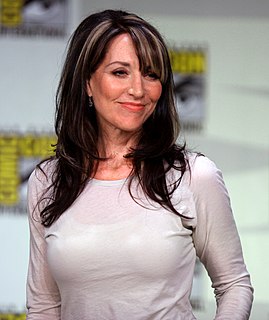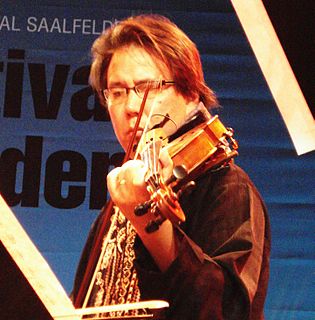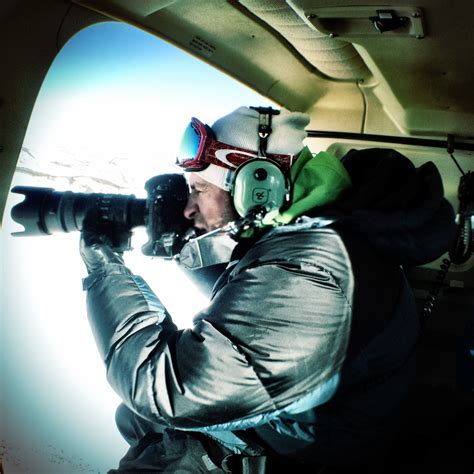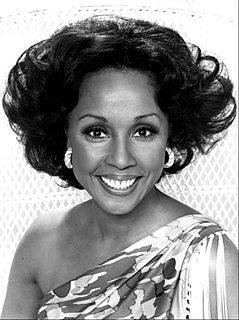A Quote by Kevin Young
The question of sort of music and history, I think, are so important to understanding the poem as an idea but also us as people in the world.
Related Quotes
One day while studying a Yeats poem I decided to write poetry the rest of my life. I recognized that a single short poem has room for history, music, psychology, religious thought, mood, occult speculation, character, and events of one's own life. I still feel surprised that such various substances can find shelter and nourishment in a poem. A poem in fact may be a sort of nourishing liquid, such as one uses to keep an amoeba alive. If prepared right, a poem can keep an image or a thought or insights on history or the psyche alive for years, as well as our desires and airy impulses.
There’s a real question as to what beauty is and why it’s important to us. Many pseudo-philosophers try to answer these questions and tell us they’re not really answerable. I draw on art and literature, and music in particular, because music is a wonderful example of something that’s in this world but not of this world. Great works of music speak to us from another realm even though they speak to us in ordinary physical sounds.
The question I'm always asking myself is: are we masters or victims? Do we make history, or does history make us? Do we shape the world, or are we just shaped by it? The question of do we have agency in our lives or whether we are just passive victims of events is, I think, a great question, and one that I have always tried to ask.
The poem is not, as someone put it, deflective of entry. But the real question is, 'What happens to the reader once he or she gets inside the poem?' That's the real question for me, is getting the reader into the poem and then taking the reader somewhere, because I think of poetry as a kind of form of travel writing.
I used to read more when I was a kid than I do now. It was all sort of fuel for the fire to teach you how to think and how to make things and it informed the architecture that I was doing. It's better coming in with that history and that kind of knowledge and depth of understanding of humanity that is very important for building buildings - for understanding people and how they should live and how you could make your lives better and stuff like that.
That's one of the biggest issues that we see in the question of governments right now, I think, in the Western world. Is that increasingly all of our elected officials are pulled from the same class. These aren't normal people. I don't want to say they're all terrible people, but at the same time, they're not like you and me. These are people who have sort of a nine to five working history.
It's the first time in the history of the world that creatives are also distributors. And that's very profound if you think that up until the recent history, permission was required for us to be able to share work at any sort of scale. We had to get permission from galleries, from ad agencies or photo editors to be able to have our work out there. And now anybody with access to a computer can show their work in 200 countries around the world.
My book, Oral History: Understanding Qualitative Research is about how researchers use this method and how to write up their oral history projects so that audiences can read them. It's important that researchers have many different tools available to study people's lives and the cultures we live in. I think oral history is a most needed and uniquely important strategy.
I suppose our lives need to be more integrated. We have white communities and black communities and white country clubs and black country clubs. It's very important when we integrate ourselves, and it helps us to have a better understanding of the world, to people all over the world and this is the time in history that we have become very aware of how important that is, so I think it's just really-we have to know each other and work together and play together in order to write about each other.
I keep feeling that there isn't one poem being written by any one of us - or a book or anything like that. The whole life of us writers, the whole product I guess I mean, is the one long poem - a community effort if you will. It's all the same poem. It doesn't belong to any one writer - it's God's poem perhaps. Or God's people's poem.































